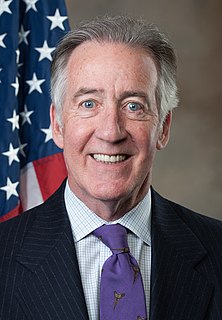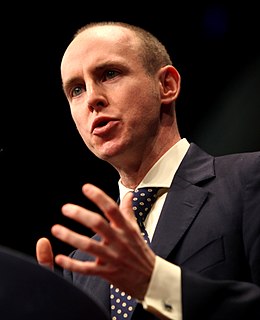A Quote by Dave Barry
I regularly read Internet user groups filled with messages from people trying to solve software incompatibility problems that, in terms of complexity, make the U.S. Tax Code look like Dr. Seuss.
Related Quotes
I'm glad that so many of Donald Pease's unique and revealing insights on Dr. Seuss--observations he shared with me on camera with an effusiveness and profundity quite unmatched--have found their way into book form. No one tells these tales of young Ted, Mr. Geisel, and Dr. Seuss, and makes the connections between the three of them, quite like Dr. Pease.
We need to enact fundamental tax reform. The weight and complexity of our 73,000-page tax code are crushing everyday Americans. We need to radically simplify the tax code so that we can re-start the real engine of growth in our economy. That means our tax code needs to go from 73,000 pages down to about three pages.
You can use the tax code to make people smoke less. You can use the tax code to make 'em smoke more. You can use the tax code to make 'em buy beer or buy less beer, more booze or less booze. You can screw the tax code around to make 'em make more charitable contributions. You think they're going to get rid of this power? Ain't no way, fool.

































